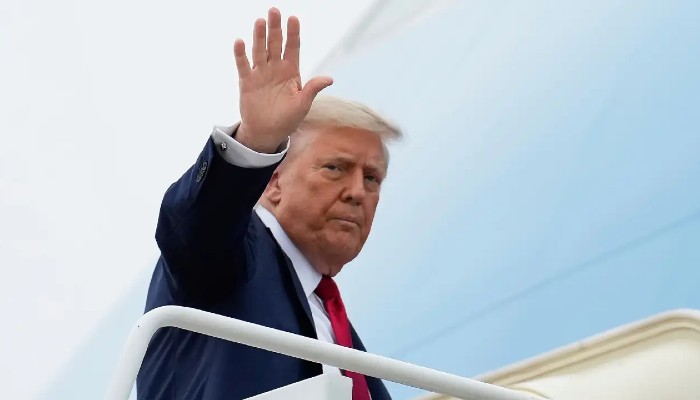
A Dire Presidential Directive
On June 16, 2025, U.S. President Donald Trump issued an urgent call for the immediate evacuation of Tehran, Iran’s capital, as tensions between Iran and Israel reached unprecedented levels. This unprecedented directive came after Israeli airstrikes targeted key Iranian military and nuclear facilities, resulting in widespread destruction and civilian casualties. The President’s warning underscored the escalating threat to civilian lives and the potential for further military escalation in the region.
The Escalation of Hostilities
The conflict between Iran and Israel intensified dramatically on June 13, 2025, when Israel launched a series of airstrikes on Iranian military sites, including nuclear facilities in and around Tehran. These strikes, part of Operation Rising Lion, aimed to cripple Iran’s nuclear capabilities and military infrastructure. In retaliation, Iran fired over 400 missiles and drones into Israel, resulting in significant casualties on both sides. The violence has led to at least 224 Iranian deaths, with some reports indicating over 450 fatalities, and 24 Israeli deaths.
Global Reactions and Military Mobilization
In response to the escalating conflict, the United States has significantly increased its military presence in the Middle East. The Pentagon deployed additional tanker planes and transport jets to Europe and rerouted the USS Nimitz aircraft carrier to the region. These defensive measures are intended to protect U.S. interests and ensure the safety of American personnel. Despite these preparations, the U.S. has maintained that it is not directly involved in offensive operations against Iran.
Humanitarian Crisis Unfolds
The ongoing conflict has triggered a massive humanitarian crisis. Tehran’s nearly 10 million residents are fleeing the city, leading to severe traffic congestion and shortages of essential supplies. Hospitals in northern provinces have reported an uptick in stress-related admissions, and humanitarian organizations are struggling to provide aid to displaced populations. The Iranian government has imposed temporary internet restrictions, further complicating relief efforts and fuelling public anxiety.
International Diplomacy and Calls for Ceasefire
The United Nations and various international organizations have called for an immediate ceasefire and the protection of civilian lives. However, both Iran and Israel have shown little inclination to de-escalate. Israeli officials have indicated that their military objectives include neutralizing Iran’s nuclear and missile threats, while Iranian leaders have vowed to retaliate against any foreign involvement in the conflict. The international community remains divided on how to address the crisis, with some nations supporting Israel’s right to self-defence and others condemning the use of force.
The Path Forward
As the situation continues to deteriorate, the prospects for a peaceful resolution remain uncertain. The U.S. has expressed a desire for a comprehensive resolution to the conflict but has also emphasized the need to prevent Iran from acquiring nuclear weapons. The international community faces a critical juncture in determining how to address the escalating tensions and prevent further loss of life.
In conclusion, the call for the evacuation of Tehran highlights the severity of the current crisis and the urgent need for international intervention to protect civilian lives and restore stability to the region. The coming days will be crucial in determining the direction of the conflict and the potential for a peaceful resolution.




































Leave a Reply